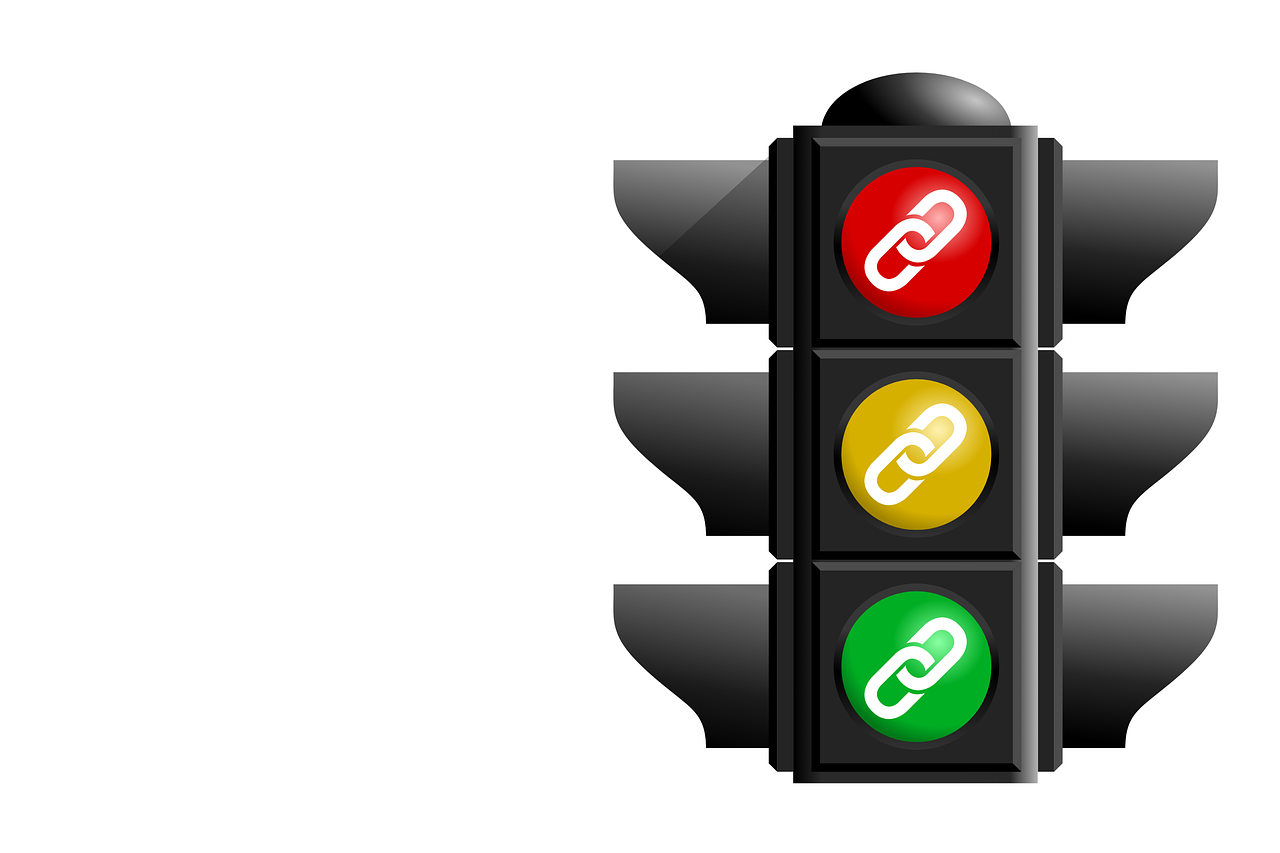The importance of external links for SEO and content credibility
|
IN BRIEF
|
In the realm of SEO and enhancing content credibility, the role of external links cannot be overstated. These links serve as vital connections to authoritative sources, providing users with additional context and resources. By incorporating external links, websites not only improve their overall visibility in search engine rankings but also boost their trustworthiness and authority in the eyes of both search engines and readers. Establishing these connections signifies a commitment to quality and reliability, making external linking an indispensable strategy for effective digital content.

The Importance of External Linking in SEO
Understanding the role of external links is essential for enhancing your website’s SEO and overall reliability. External links are hyperlinks that point to content on a different domain, and they serve multiple purposes within your online content strategy. These links not only provide valuable resources for your readers but also contribute to building your site’s authority in the eyes of search engines. By citing reputable sources, you create a network of trust that can significantly boost your search engine rankings.
For instance, when you link to a credible study or a well-respected publication, it enhances your website’s reliability. This association signifies to search engines that your content is backed by authoritative information, which ultimately enhances your site’s credibility. Additionally, external links can help users find further reading materials that complement your content, enriching their overall experience. Therefore, integrating strategic external links is not just beneficial; it’s a crucial aspect of establishing your online presence.

The Importance of External Linking for SEO
External links play a crucial role in enhancing your website’s credibility and authority in the digital landscape. When you link to reputable sources, it signals to search engines that your content is well-researched and grounded in reliable information. For instance, studies have shown that web pages with a high number of quality external links perform better in search engine rankings than those without. This is largely because external links are viewed as endorsements, fostering trustworthiness both with users and search engines alike.
Moreover, incorporating external backlinks not only enriches your content but also positions your site as a valuable resource. By connecting with authoritative sites, you provide visitors with additional context and bolster your arguments, making complex topics easier to grasp. In fact, when a user finds your content informative and credible, they are more likely to return, which can dramatically increase your engagement rates.
It’s essential to remember that not all external links are created equal. Linking to high-quality sources is more beneficial than linking to low-quality content. To maximize the impact of your external linking strategy, ensure that the sources you choose to link to are relevant and authoritative. This tactic can significantly affect your SEO strategy, as highlighted in detailed analyses found on resources such as The Importance of Backlinks in Search Engine Ranking and The Importance of Internal Linking for SEO and User Experience.
The Importance of External Linking for SEO
Enhancing Credibility and Search Engine Rankings
External linking is a crucial aspect of any successful SEO strategy. It involves linking your website to authoritative sources, which not only enriches your content but also boosts its overall credibility. By referencing high-quality websites, you signal to search engines that your content is reliable and well-researched. This can lead to improved visibility and higher rankings on search engine results pages.
Moreover, external links can serve multiple purposes. They provide additional context to your arguments, support your claims, and provide your audience with valuable resources. For instance, if you mention a study, linking to the original source enhances your content’s trustworthiness. Consider including such references within your articles; this practice elevates the quality of your writing.
- Linking to reputable websites builds domain authority and enhances your audience’s trust.
- Providing external links allows readers to explore topics in-depth, enhancing their overall experience.
- Using high-quality external links can improve your site’s SEO performance, as search engines view them as endorsements.
- Citing authoritative sources can support your arguments and make complex topics more accessible to readers.
By incorporating external links effectively, you create a more informative and engaging experience for your audience, while simultaneously improving your site’s SEO strength.

Harnessing External Linking for Enhanced SEO and Credibility
External links, also known as outbound links, play a crucial role in shaping the overall SEO strategy of a website. By linking to credible and authoritative sources, you signal to search engines that your content is well-researched and trustworthy. This practice not only establishes credibility but also enhances the trustworthiness of your site, as it connects your readers to valuable information.
Implementing high-quality external links enriches the user experience by providing readers with access to additional resources that support your claims and arguments. Notably, external links are more effective if they originate from reputable sources, which further boosts the authority of your content. Search engines view these links as endorsements, potentially improving your site’s visibility in search results.
Moreover, a well-thought-out external linking strategy can lead to a lower bounce rate and increased dwell time, as visitors find your content helpful and engaging. By fostering connections with relevant external sites, you not only improve your own site’s ranking but also contribute to a more cohesive web of information, benefitting both your users and the broader online community.

External links are a vital component in enhancing your site’s SEO performance and establishing content credibility. By linking to reputable and authoritative sources, you not only provide your audience with valuable information but also signal to search engines that your content is well-researched and trustworthy. This, in turn, may improve your site’s ranking and visibility in search results.
Additionally, external linking contributes to building a network of resources that enriches user experience. When you reference high-quality external domains, you enhance the perceived credibility of your own site. This not only fosters trust with your readers but also encourages them to view your website as a knowledgeable authority in your niche.
In summary, incorporating external links strategically is essential not only for boosting your search engine rankings but also for establishing a solid reputation within your industry. The ongoing relationship between SEO and external links underlines the importance of continuously seeking reputable sources to link to, ultimately fostering a well-rounded and credible online presence.














Post Comment